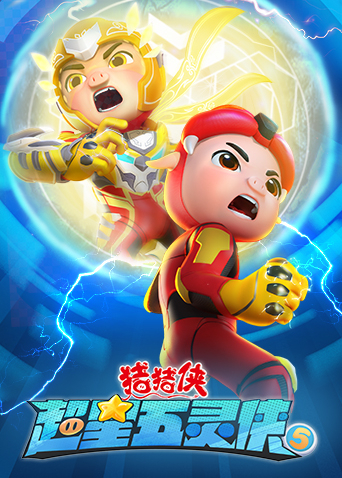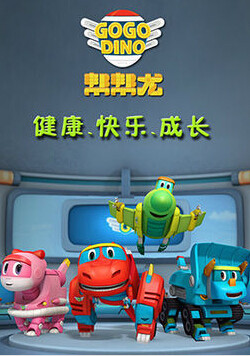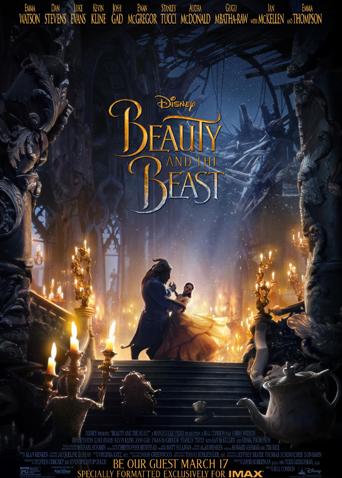远在南美巴塔哥尼亚,每天无涯草原和连绵高山,每天是马匹羊群的牧场,也是牧场工头伊云斯的家。以马羊为伴,千篇一律的工作年复年,马羊山岭是日常,不同的只有每逢夏天到来的工人们的面孔。伊云斯大半生都在与世隔绝的牧场渡过,然而年届七十不得不交棒。新来的小伙子夏拿从遥远的北方而来,跟马羊相对还是第一次。寒冬将至,角色互换然而境况相似—两人必须适应各自的新环境奋力生存。此心安处是吾家,在白茫茫的雪地之中,一个意欲离开,一个拼命留下来。
远在南美巴塔哥尼亚,每天无涯草原和连绵高山,每天是马匹羊群的牧场,也是牧场工头伊云斯的家。以马羊为伴,千篇一律的工作年复年,马羊山岭是日常,不同的只有每逢夏天到来的工人们的面孔。伊云斯大半生都在与世隔绝的牧场渡过,然而年届七十不得不交棒。新来的小伙子夏拿从遥远的北方而来,跟马羊相对还是第一次。寒冬将至,角色互换然而境况相似—两人必须适应各自的新环境奋力生存。此心安处是吾家,在白茫茫的雪地之中,一个意欲离开,一个拼命留下来。

回复 :港商在舞厅认识舞女(叶芳华饰),与其开车兜风,撞上一辆面包车。争执中港商保镖重伤一人,原来此人是公安局长儿子。保镖索性杀面包车上的人灭口,更挟持港商索要跑路费。在公安的追击下保镖杀港商逃命。舞女也自愿加入逃亡。五人潜入池塘躲避警犬,保镖头目(林保怡饰)的亲弟小明溺死。逃亡路上保镖头目与舞女产生情愫……
回复 :夏文汐与万梓良主演一对夫妻,他们婚后多年忽欲产子,但万却被证实精子发育不健全,乃在好友建议下让夏往夏威夷接受人工受孕;然万心底里仍不免感到怪异,内心的矛盾弄至精神紧张,行为时有乖常表现,闹出不少笑话;万在夏平安产子前後,每多奇异幻想,错摸连场,猜疑甚多,更怀疑夏与任职于夏威夷精子银行的表哥潘震伟有染,不是人工受孕,而是被人受孕……这部喜剧片是古龙式武侠片首席导演楚原的温馨之作,由两获香港电影金像奖最佳编剧奖的鬼才编导张坚庭倾情编写,俊男靓女夏文汐与万梓良继《唐朝豪放女》後再度携手主演。故事描述妻子接受人工受孕前後丈夫的怪异感受,颇具超现实、悬疑和奇异幻想情结,可以想像大丈夫「何患无子」的尴尬场景.
回复 :Whenever I see La Paura I think of it as a companion piece to Eyes Wide Shut, or maybe it is the other way around. Adultery makes both films tick but in different ways. I think Phillip French was right on the money when he pointed out a Wizard of Oz thing in Kubrick's last work. Like Dorothy, Tom and Nicole go through fantasies and nightmares and at the end Dorothy's reassuring childish motto "there's no place like home" is ironically updated to the adult circumstantial adage "there's no sex like marital sex". Kubrick's take is intellectual, he never leaves the world of ideas to touch the ground. He taunts the audience first with an erotic movie and then with a thriller and refuses to deliver either of them. He was married to his third wife for 40 years, until he died. Rossellini was still married to Ingrid Bergman when he directed La Paura; they had been adulterous lovers and their infidelity widely criticized La Paura is a tale, a noirish one. The noir intrigue is solved and the tale has a happy ending. The city is noir; the country is tale, the territory where childhood is possible. The transition is operated in the most regular way: by car, a long-held shot taken from the front of the car as it rides into the road, as if we were entering a different dimension. Irene (Bergman) starts the movie: we just see a dark city landscape but her voice-over narration tells us of her angst and informs us that the story is a flashback, hers. Bergman's been cheating on her husband. At first guilt is just psychological torture but soon expands into economic blackmail and then grows into something else. From beginning to end the movie focuses on what Bergman feels, every other character is there to make her feel something. Only when the director gives away the plot before the main character can find out does he want us to feel something Bergman still can't. When she finds out, we have already experienced the warped mechanics of the situation and we may focus once again on the emotional impact it has on Bergman's Irene. In La Paura treasons are not imagined but real, nightmares are deliberate and the couple's venom suppurates in bitter ways. Needless to say, Ingrid has another of her rough rides in the movies but Rossellini doesn't dare put her away as he did in Europa 51, nor does he abandon her to the inscrutable impassivity of nature (Stromboli). His gift is less transcendent and fragile than the conclusion of Viaggio in Italia. He just gives his wife as much of a fairy tale ending as a real woman can have, a human landscape where she can finally feel at home. Back to the country, a half lit interior scene where shadows suggest the comfort of sleep. After all, it's the "fairy godmother" who speaks the last words in the movie.


